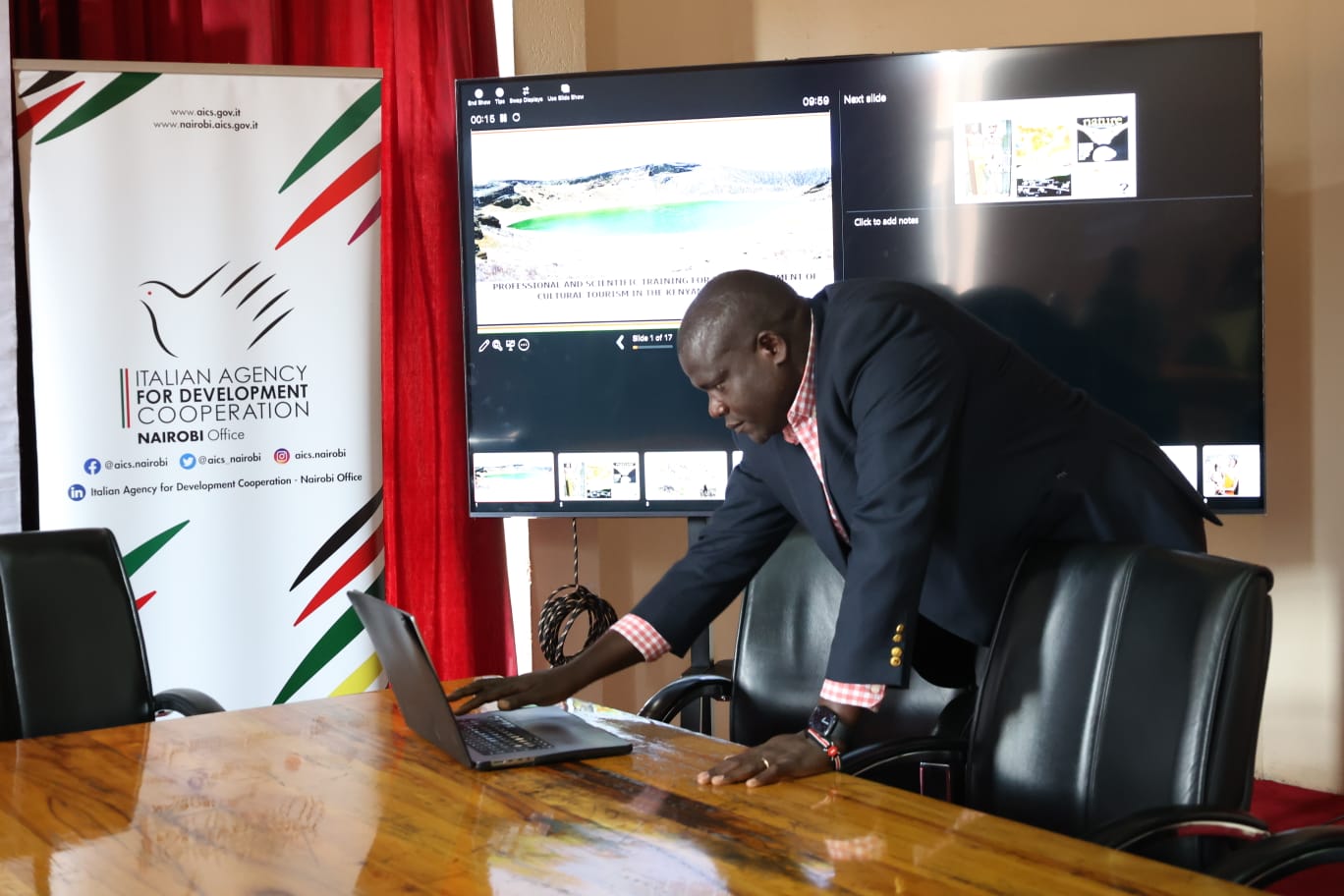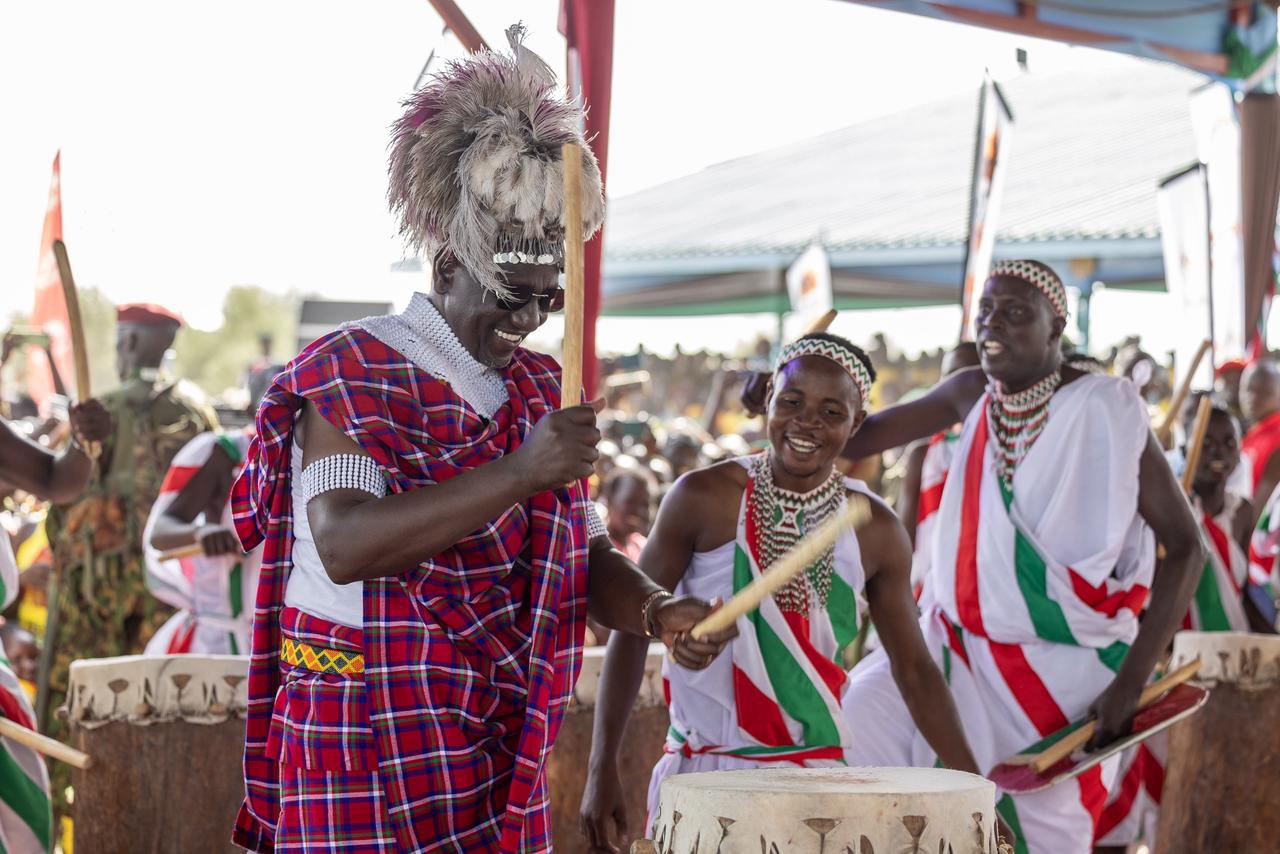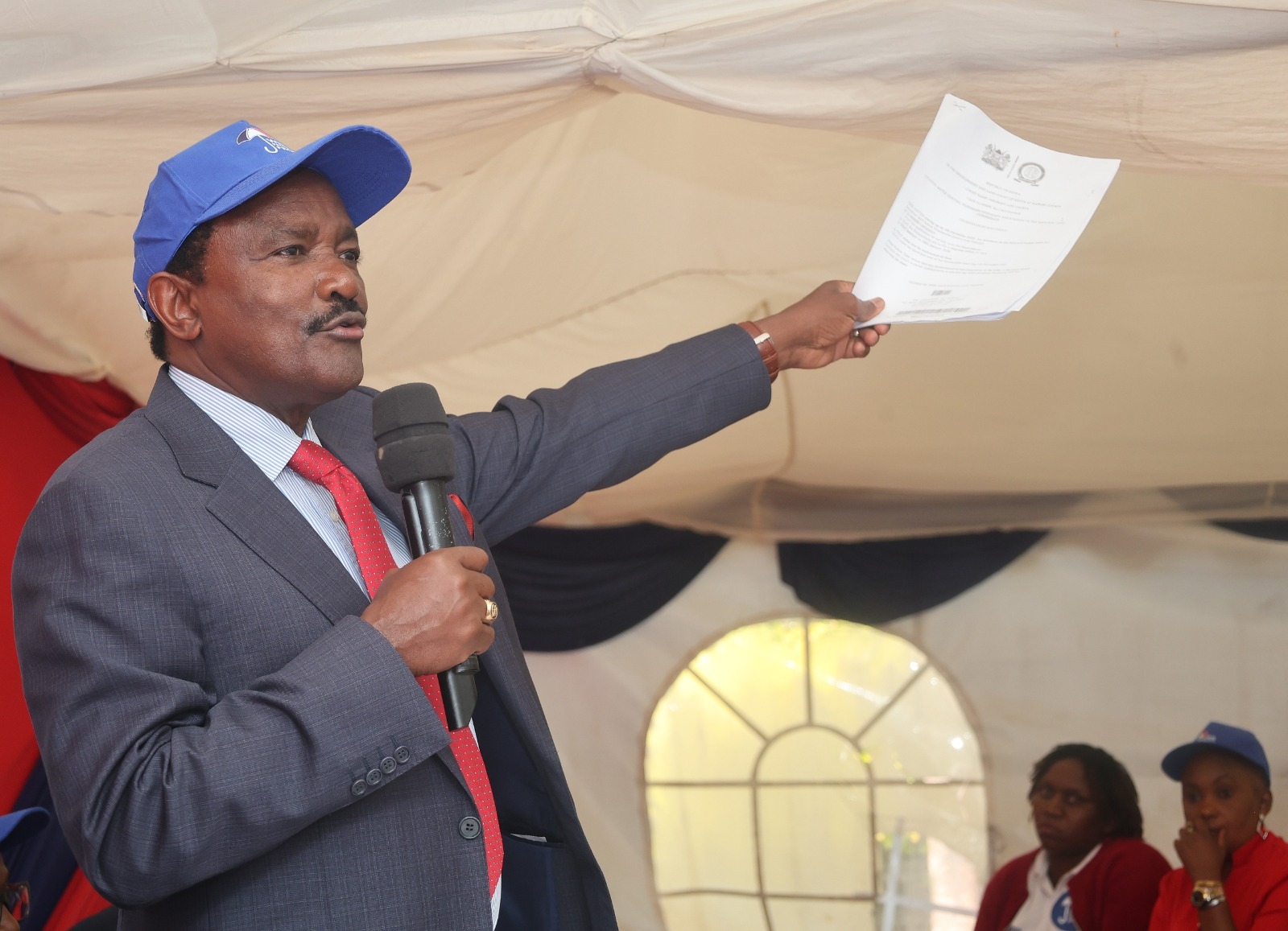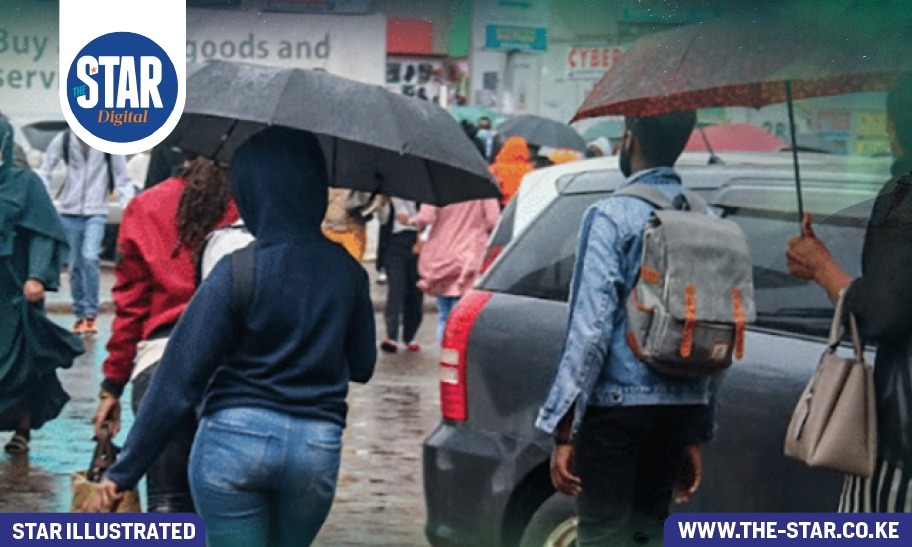Kenya’s Rift Valley, long celebrated for its dramatic landscapes and prehistoric treasures, is about to take on a new role as the cradle of cultural tourism.
This week, the National Museums of Kenya launched a project that seeks to train a new generation of professionals in cultural heritage and tourism, positioning the region’s archaeological riches not only as relics of the past but also as engines of future livelihoods.
The three-year initiative, titled “Professional and Scientific Training for the Development of Cultural Tourism in the Kenyan Rift Valley,” will equip 15 early-career Kenyan scholars with cutting-edge skills in archaeology, rock art, and heritage studies.
These scholars, drawn from diverse disciplines such as tourism, GIS mapping, biology and art sciences, will receive training in advanced techniques including remote sensing, photogrammetry and digital mapping.
NMK director general Mary Gikungu said heritage is a living asset that must connect science, community and enterprise.
She said the Rift Valley faces rapid environmental change, including rising lake levels that threaten archaeological sites, rock shelters and archives of human history.
“This project will help us systematically document, record and digitise sites before they are lost, while also guiding resilient, community-safe tourism,” Gikungu said.
The programme, which runs from 2025 to 2028, is funded by the Italian Ministry of Foreign Affairs and International Cooperation through the Italian Agency for Development Cooperation. Italy’s ambassador to Kenya, Roberto Natali, underscored the partnership, saying his country's global expertise in heritage preservation would generate “mutual and lasting benefits” for both nations.
NMK’s head of earth sciences Emmanuel Ndiema said climate change is already impacting key sites, including Koobi Fora, one of the world’s most significant prehistoric research stations and the Turkana Basin, which is home to 4,000-year-old rock art.
He said the new project will not only safeguard irreplaceable assets but also create opportunities for local tourism circuits, guiding and creative industries.
The training will be supported by experts from Sapienza University of Rome. It seeks to build county-level expertise in Nairobi, Turkana and Marsabit.
By blending science with community-centered tourism, NMK envisions a future where safeguarding heritage also translates into sustainable livelihoods for Kenyans.
“This is about securing knowledge before it disappears, while ensuring cultural heritage contributes directly to county economies,” Gikungu said.


 NMK Head of Earth Sciences Dr. Emmanuel Ndiema makes presentations during the launch of the training of 15-early entry scientists.
NMK Head of Earth Sciences Dr. Emmanuel Ndiema makes presentations during the launch of the training of 15-early entry scientists.
















